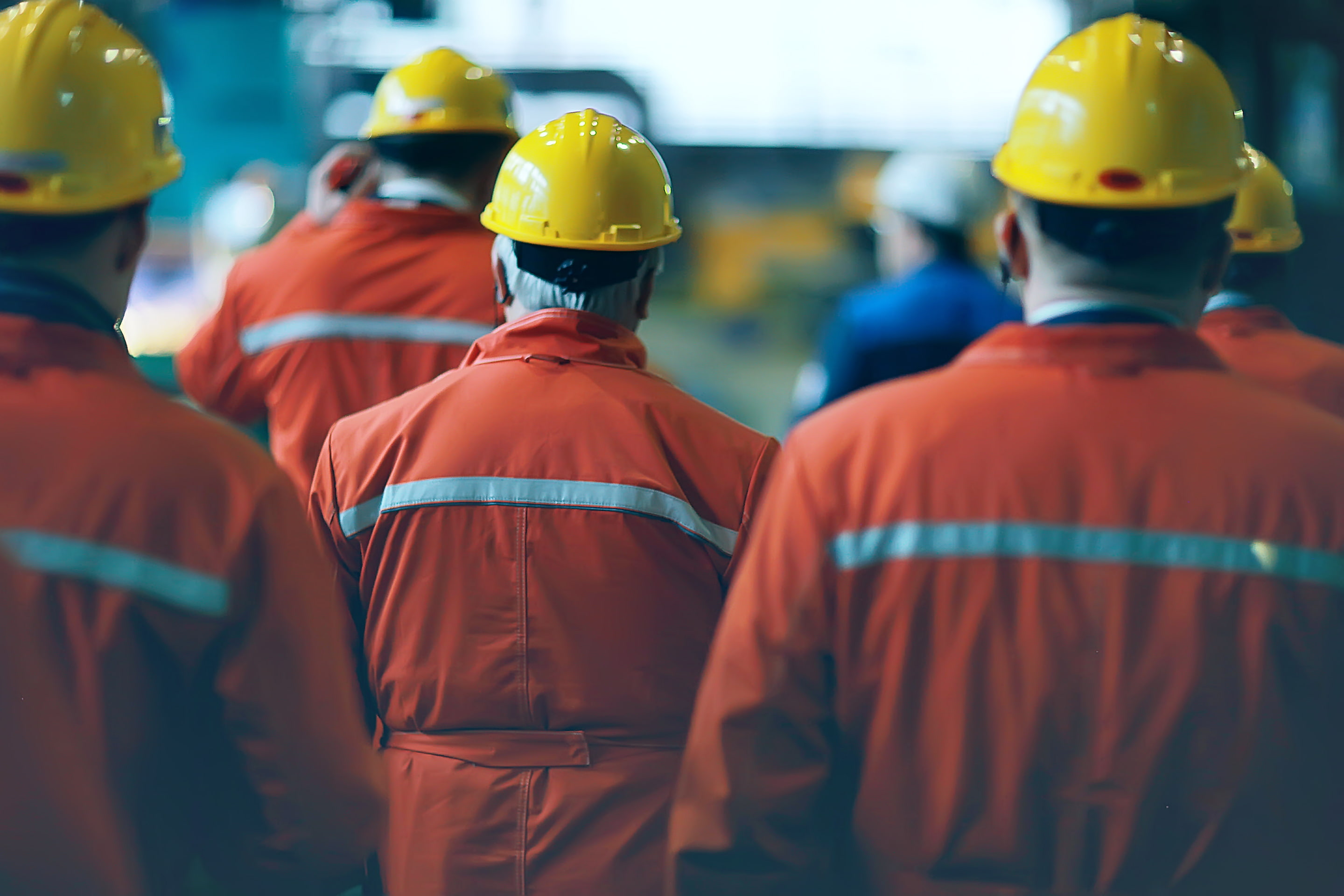Health & Safety Top Priority for Energy Candidates in 2021
Business insights

Business insights
Did you know that the number one reason for candidates in the Energy industry to turn down an employment opportunity is a company having a poor reputation for Health & Safety?
An Energy company’s reputation for Health & Safety can make or break its long-term success. Creating and maintaining such a reputation is an on-going and challenging process, but the payoff in terms of competitiveness and candidate attraction is well worth the effort.
It’s no surprise, then, that 50% of respondents to the 2021 Energy Outlook Report cited poor Health & Safety reputation as the number one reason for candidates to turn down a job opportunity, with 85% deeming it of ‘high importance’ when looking for a new role.
How can you ensure your company’s Health & Safety standards are attracting top candidates and not repelling them? Here, we take a look at insights from our 2021 Energy Outlook Report to break down the three most critical factors to consider.
Considering that nearly one-third (32%) of employees feel their company needs to invest more in Health & Safety training, increasing and enhancing your company’s safety and compliance training is the best place to begin revamping your Health & Safety culture.
In fact, among respondents who are currently in employment (both permanent and contractors), only 63% say they feel confident about their employer's Health & Safety practices, while only 57% agree that their companies offer high quality Health & Safety training. Most concerning, nearly one in six (14%) reported that their employer offered either ‘basic’ Health & Safety training, or none at all.
These figures expose the need for businesses to further expand their Health & Safety training programmes – especially in Africa and the Middle East, where 51% and 44% noted the need for more training initiatives.

Among respondents who are currently in employment (both permanent and contractors), only 57% agree that their companies offer high quality Health & Safety training.
Considering that 73% of Energy professionals are looking for new opportunities both in their current sector and across other Energy sectors, it's important for employers to know what candidates are looking for, and, just as importantly, which issues could be potential deal-breakers.
When asked how relevant Health & Safety was when looking for a new role, three-fifths (61%) of respondents said it was essential and 85% noted it as ‘high importance’.
After a poor Health & Safety reputation (50%), the most common reasons to rule out certain opportunities were political turbulence (48%), lack of clarity regarding position / location (41%) and lack of access to medical treatment (39%).

Companies can rejoice that their overall Health & Safety branding is already heading in the right direction: when asked if the Energy industry offered a safe environment in general, a majority (70%) of workers said they felt ‘very confident’ or ‘extremely confident’ that this was the case.
A similar figure was reported on the business side (68%) when asked if they felt their Health & Safety reputation was a factor when trying to hire new talent, with companies in Africa (79%) and Asia (77%) particularly conscious of the importance of preserving their credentials in this area.

There is significant geographical divergence when it comes to concerns about Health & Safety compliance. Workers cited the Middle East (30%), India (30%), and West Africa (29%) as the top three regions for compliance concerns, while the USA was named by more than one in five (21%).
Lastly, keeping partners and consultants continuously trained is of utmost importance. While two-thirds (67%) of Energy companies say that all partners should be fully trained in Health & Safety and be capable of following emergency procedures, just under half (45%) are constantly monitoring their Health & Safety procedures and processes for improvement.
Insurance is based on risk. Reduce risk, reduce cost. Reduce cost, increase agility. Increase agility, increase opportunities. Increased opportunity, increase headcount through wins.
Cody Duane Rosier
CEO & Founder at ZALEMO
Brunel safety partner Cody Duane Rosier, CEO & Founder of international safety, risk mitigation, and business solutions provider ZALEMO, explains why investing in continuous safety improvement is not only morally responsible but also practical and financially wise:
“Focusing on safety as a company is a fundamental activity while pursuing growth, agility, concern for your fellow colleague and the bottom line. Many times, companies see safety as a cost vs. an investment. In the market today, organizations are in a constant race to the bottom when it comes to quotes and looking at future opportunities. One of the more significant expenditures in business is insurance.
Safety keeps employees working. Quality keeps them safe. Production is the thing in which returns the investment on caring about people.”
Want to learn more about the trends transforming the Energy industry in 2021? Download the report below for free and learn key insights from over 22,000 Energy industry professionals.